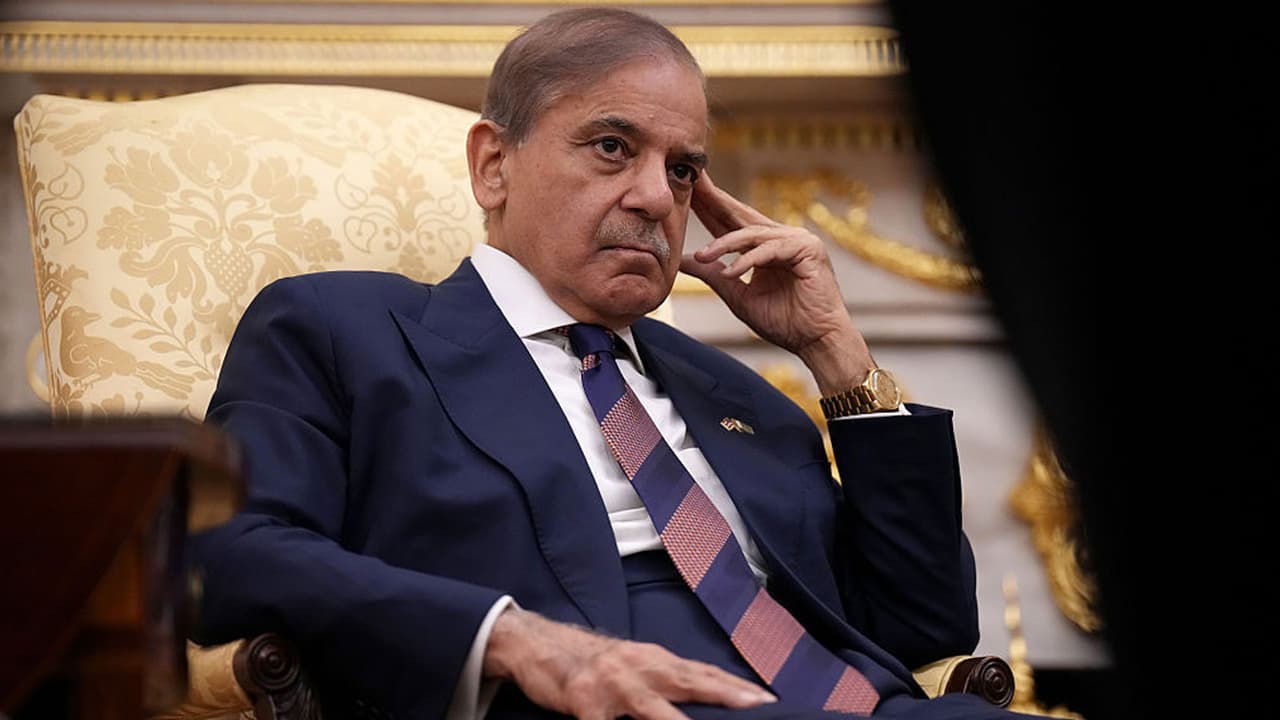Pakistan Corruption Report: IMF report has exposed corruption, elite capture, weak judiciary and failure of government institutions in Pakistan. The report warns that without reforms, Pakistan will not be able to get out of economic stagnation and external debt.
Pakistan Corruption Warning: The International Monetary Fund (IMF) has released a report on Pakistan, which has created a stir everywhere from the political corridors to the economic structure of the neighboring country. The 186-page ‘Governance & Corruption Diagnostic Report’ clearly states that corruption in Pakistan is not just a problem but has become a part of the system. The game of power, strength, relationships and influence has hollowed out the governance of the entire country from within. Between January 2023 and December 2024, Pakistan showed corruption recovery of Rs 5.3 trillion. IMF clearly says, this is only a small part, the actual loss is many times more than this. Know what else is in the report…
Pakistan became a bastion of corruption
The IMF report is describing Pakistan’s corruption as persistent and destructive. It is causing harm at every level. This has led to wastage of public funds, market irregularities, unfair competition, loss of investor confidence and loosening of the grip of government institutions. IMF clearly said that for 20 years Pakistan has remained at the bottom in the ranking of the most corrupt countries in the world.
Elite capture is the most dangerous corruption in Pakistan
The most shocking part of the report is the revelation of elite capture. The IMF report says that the most serious corruption in Pakistan is where special people and powerful groups control the entire economic structure. In many sectors where the state has influence, privileged groups bend the decisions as per their wish. This makes governance completely hostage.
Strict comment on judiciary and police
IMF has described Pakistan’s judiciary as a very complex, slow, system working under political influence. The report says that investment is low due to low trust in the court. 68% of Pakistanis feel that anti-corruption institutions are used as political weapons. The biggest loss due to this is to the confidence in law, investment environment and public confidence.
Weaknesses in every department of the government- IMF
IMF has pointed out problems in almost every government sector of Pakistan. This includes tax administration, public procurement, customs, government owned companies (SOEs) and capital spending. The biggest issue is that the policies are one on paper, but the actual functioning is completely opposite. SOEs have assets equal to 48% of GDP, which suppresses the private sector, increases corruption and powerful people capture the market.
IMF’s big concern regarding SIFC
Pakistan’s SIFC (Special Investment Facilitation Council) takes major investment decisions under civil-military control. The IMF has warned that there is a severe lack of transparency, uncontrolled discretionary power in decisions and no accountability in big economic deals. IMF asked for the first time to publish the complete annual report of SIFC, all the tax exemptions, concessions and discounts given should be revealed.
IMF’s warning to Pakistan
IMF has made a big claim that if Pakistan implements governance reforms then GDP can increase by 5-6.5% in 5 years. But if reforms do not take place, economic stagnation, political instability, dependence on external support and more debt will increase. IMF said, without reforms, Pakistan will always remain economically weak, politically unstable and dependent on external help.
Read this also- Danger of recession looms, why did the world’s fourth richest man give warning?
Read this also-‘We attacked from Red Fort to Kashmir’ Pakistani minister finally confessed his crime!
